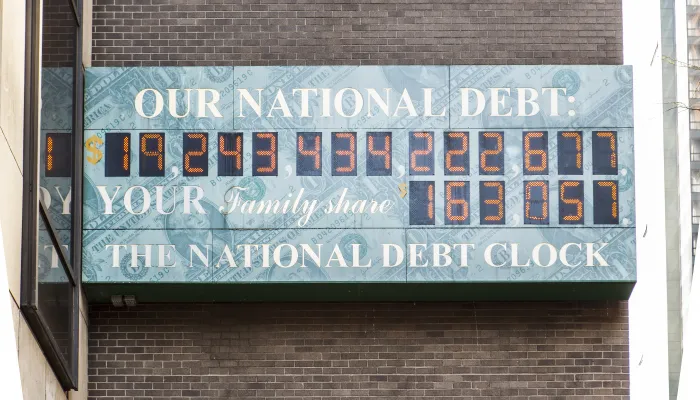Marketwatch Update: The US as Safe Haven Returns - but Technical Glitches May Have Also Kicked In
It wasn’t enough that we had a lot of impressive economic news this week (including today’s solidly positive employment numbers – even though structural unemployment remains a huge problem). It appears that the recovery is finally on track, although perhaps subpar compared to other recoveries. Moreover, structural unemployment will remain a tough nut to crack for awhile.
But US markets did not on balance reflect the good economic news.
Instead, they were dominated by the spillover from the eurozone crisis. (It also appears that a possibly unrelated and destabilizing technical problem gave markets the extra kick yesterday that sent the Dow down nearly 100 points very briefly. The sharp drop of the Dow is not yet well-understood, with possibilities ranging from a typo to a computer glitch from program trading.)
Investors once again bought US debt as a safe haven, as investor fears about the Eurozone’s ability to manage the Greek crisis surged. The dollar strengthened and the US stock market fell as investors poured into US government bonds. Treasury bond yields fell sharply, as a result.
But a return of safe haven effects on US financial markets may not be the best thing for the United States. (We saw this during the first phase of our economic and financial crisis.) In addition to the volatility such large and rapid short-term capital movements may have, they may also lull us into a false sense of security that interest rates will be low forever. When people – and governments – have interest rate illusion, they tend to take on more debt. (This was certainly a lesson of the subprime crisis.) However, when interest rates rise to more normal levels (and they most certainly will), we will not be able to as easily carry the amount of debt (both government and private) that we have taken on when interest rates are so low.
As Fred Bergsten, director of the Peterson Institute for International Economics, recently warned in a Foreign Affairs article, while we have long worried that foreigners might eventually not finance our external deficits, it might be even worse if they do.


